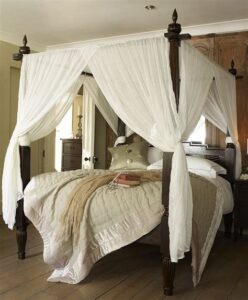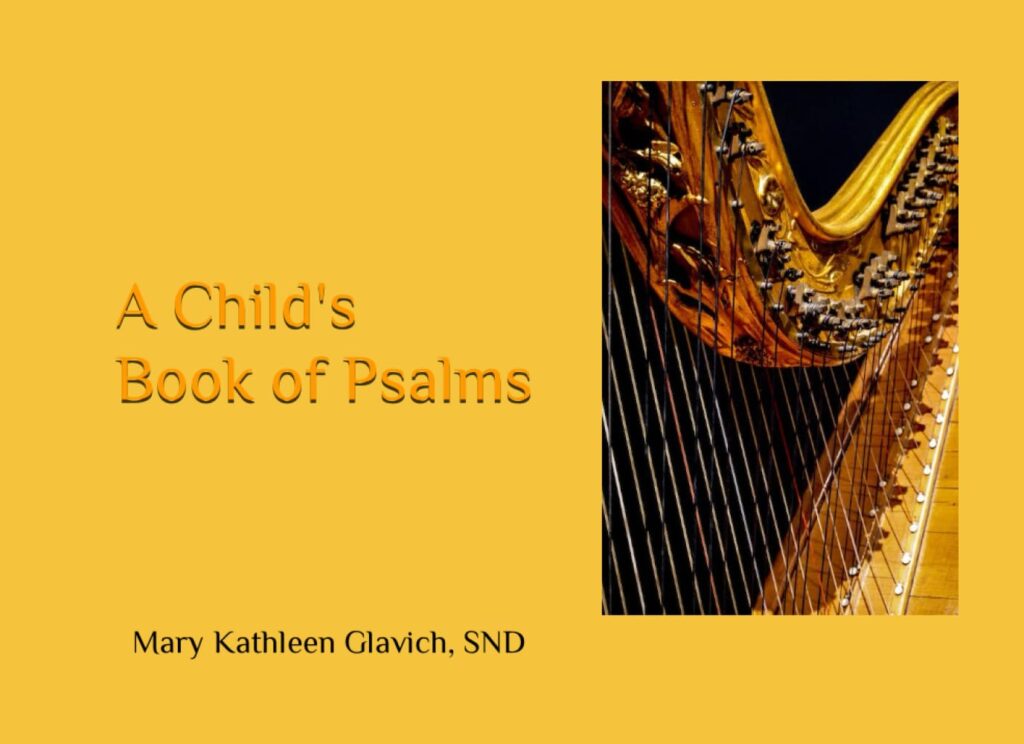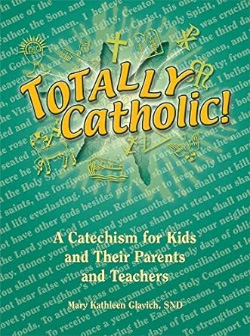 I’ve always been fascinated by words—a useful trait for a writer. A friend emailed the following roots of common sayings that you might enjoy knowing as I did. Next week I plan to write about sayings that originated in Scripture.
I’ve always been fascinated by words—a useful trait for a writer. A friend emailed the following roots of common sayings that you might enjoy knowing as I did. Next week I plan to write about sayings that originated in Scripture.There is an old hotel/pub in Marble Arch, London,
which used to have a gallows adjacent to it.
Prisoners were taken to the gallows to be hanged.
The horse-drawn dray carting the prisoner, was
accompanied by an armed guard, who would stop
the dray outside the pub and ask the prisoner if
he would like ”ONE LAST DRINK.” If he said YES,
it was referred to as ONE FOR THE ROAD. If
he declined, that Prisoner was ON THE WAGON.
—————————— ——–
Here are some facts about England in the 1500s:
Most people got married in June, because they took
their yearly bath in May and they still smelled
pretty good by June!! However, since they were
starting to smell, brides carried a bouquet of
flowers to hide the body odor. Hence the custom
today of carrying a bouquet when getting
married.
—————————– ———-
Baths consisted of a big tub filled with hot water. The
man of the house had the privilege of the nice clean
water, then all the other sons and men, then the women
and finally the children. Last of all the babies.
By then the water was so dirty you could actually
lose someone in it.! Hence the saying, “Don’t
throw the baby out with the bath water!”
————–
Houses had thatched roofs, thick straw
piled high, with no wood underneath. It
was the only place for animals to get warm, so all the
cats and other small animals (mice, bugs) lived in the
roof. When it rained it became slippery and sometimes
the animals would slip and fall off the roof. Hence the saying
“It’s raining cats and dogs.”

Also, there was nothing to stop things from falling into the house.
This posed a real problem in the bedroom, where bugs and other droppings
could mess up your nice clean bed.
Hence, a bed with big posts and a sheet hung over the top
afforded some protection. That’s how canopy beds came into existence.
—————————- ———-
The floor was dirt. Only the wealthy had something other
than dirt. Hence the saying, “dirt poor.” The wealthy had
slate floors that would get slippery in the winter when wet,
so they spread thresh (straw) on floor to help keep
their footing. As the winter wore on they added more
thresh until, when you opened the door, it
would all start slipping outside. A piece of wood was
placed in the entrance. Hence: a thresh hold.
————————
Sometimes ordinary folk could obtain pork, which made them feel quite
special. When visitors came over they would hang up their bacon, to
show off. It was a sign of wealth that a man could, “Bring home the
bacon.” They would cut off a little to share with guests and would
all sit around talking and ”chew the fat.”
——————-
Those with money had plates made of pewter. Food
with high acid content caused some of the lead to
leach onto the food, causing lead poisoning and
death. This happened most often with tomatoes. So
for the next 400 years or so, tomatoes were considered
poisonous.
——————————
Bread was divided according to status. Workers
got the burnt bottom of the loaf, The
family got the middle, and guests got the top,
or ”The Upper Crust.”
—————————— —
Lead cups were used to drink ale or whisky. The
combination would sometimes knock the imbibers out for
a couple of days. Someone walking along the road would
take them for dead and prepare them for burial. They
were laid out on the kitchen table for a couple of
days and the family would gather around and eat and
drink and wait and see if they would wake up. Hence
the custom of ”Holding a Wake.”
(“Finnigan’s Wake” was based on this.)
———————
England is old and small and the local folks started
running out of places to bury people, so they
would dig up coffins and would take the bones to a
bone-house and reuse the grave! When
reopening these coffins, 1 out of 25 coffins were
found to have scratch marks on the inside, and they
realized they had been burying people alive. So they
would tie a string on the wrist of the corpse, thread
it through the coffin and up through the ground
and tie it to a bell. Someone would have
to sit out in the graveyard all night (the
graveyard shift) to listen for the bell; thus
someone could be ”Saved by the Bell ”or
was considered a ”Dead Ringer.”
Do you know strange origins for other phrases and customs?









One Response
Interesting. I can believe all of them except “holding a wake” and tying a string on the wrist of a corpse. Maybe they did not know about taking a pulse or listening for a heart beat?